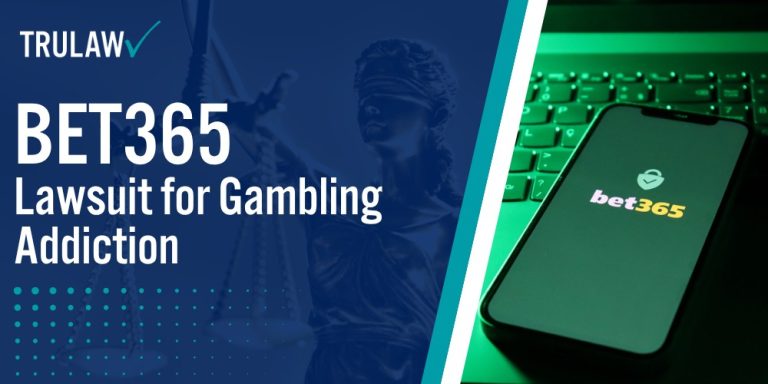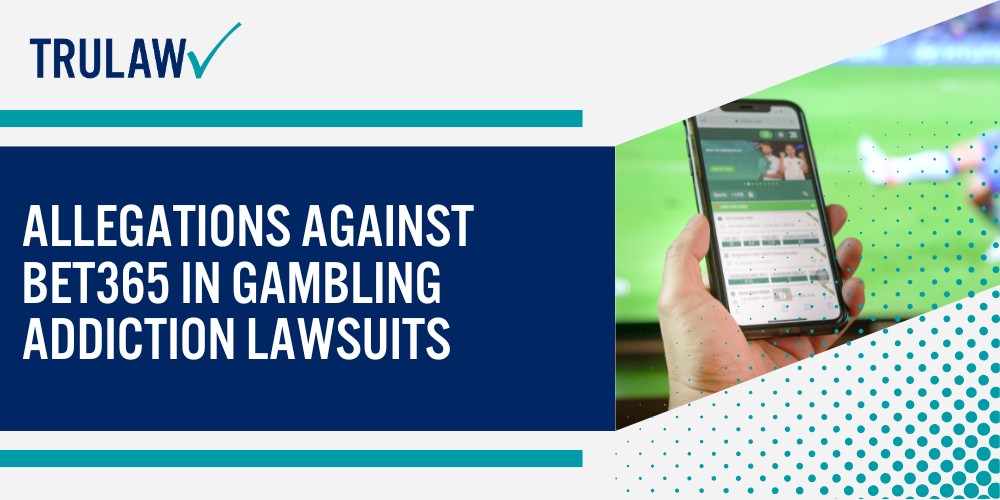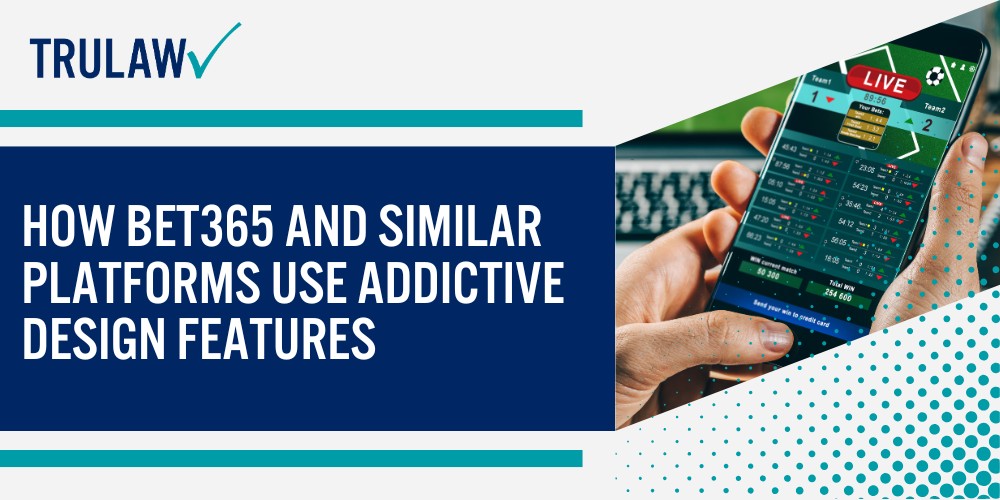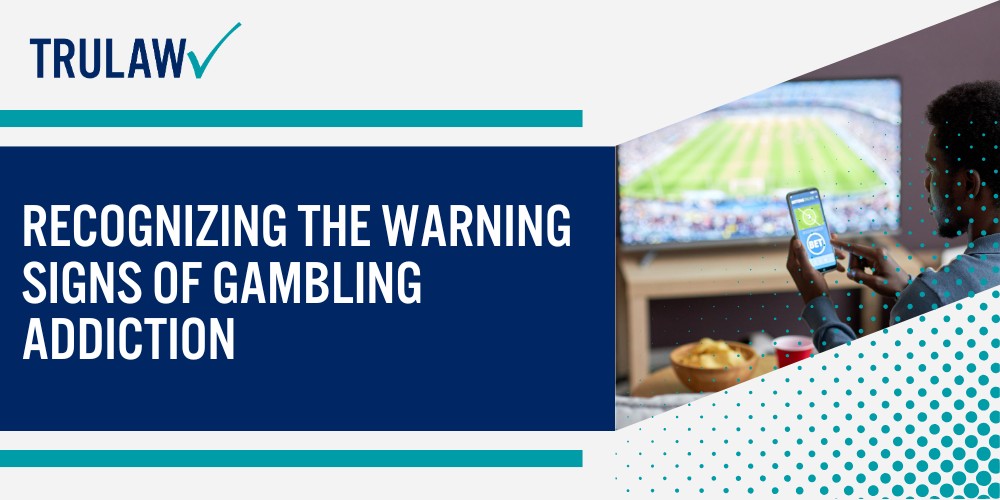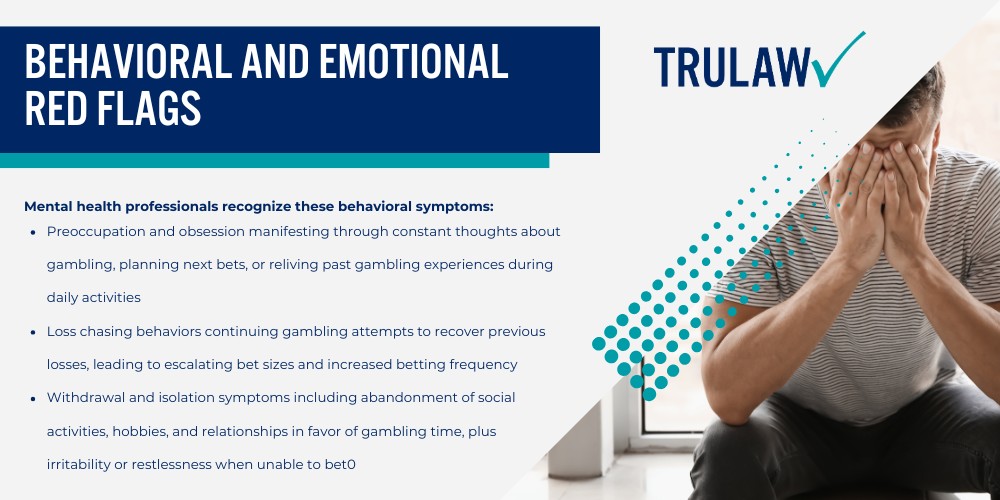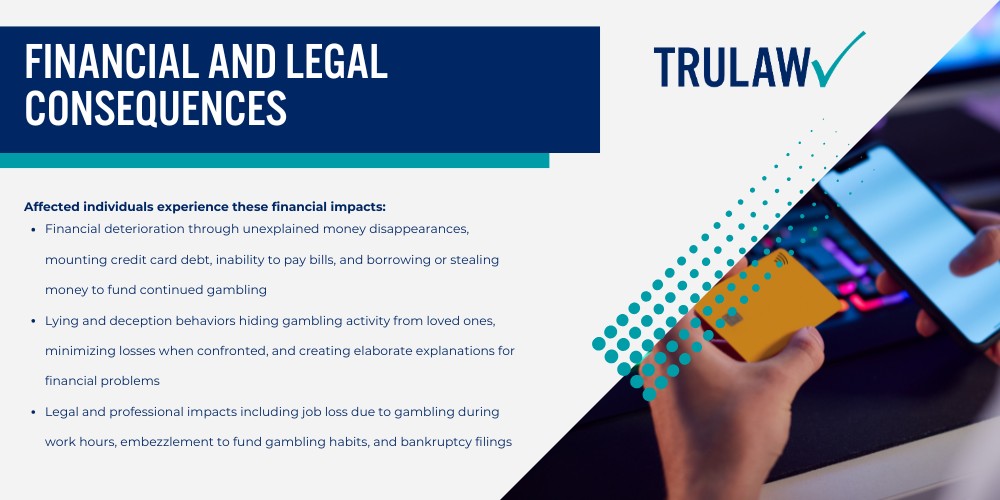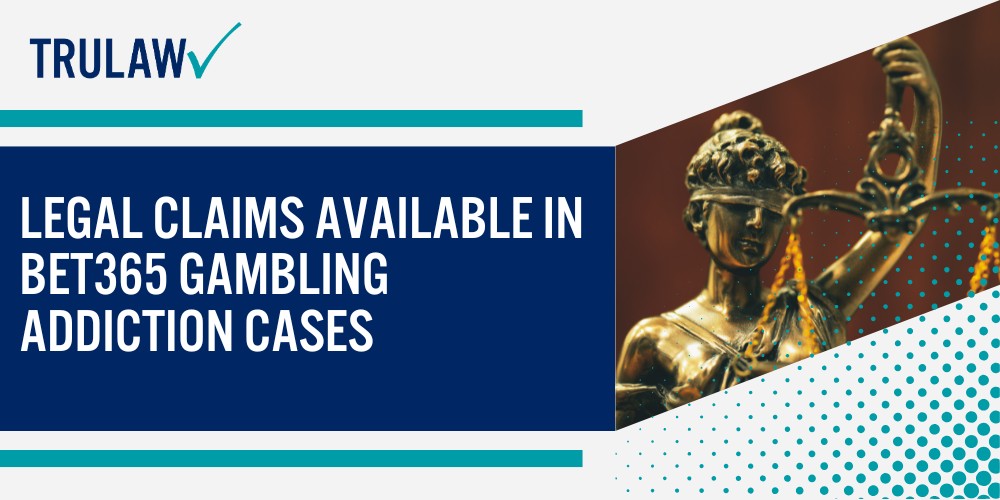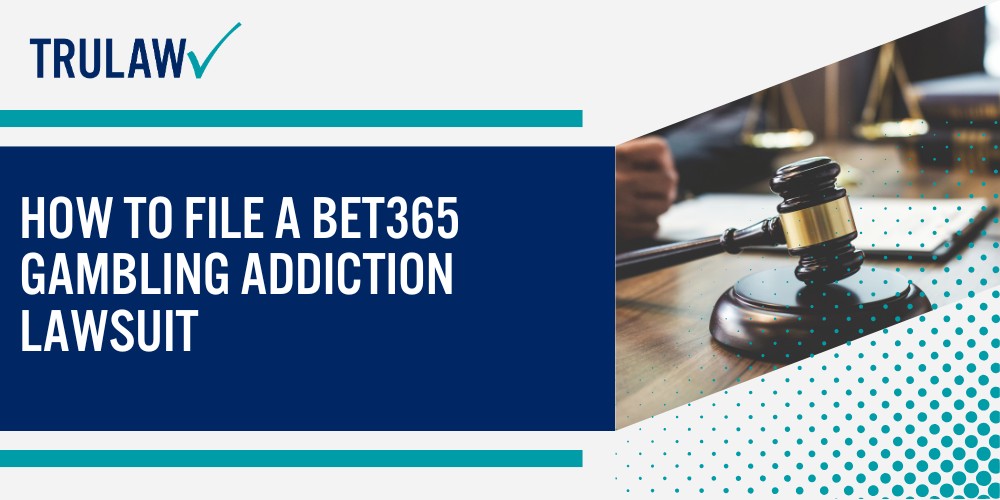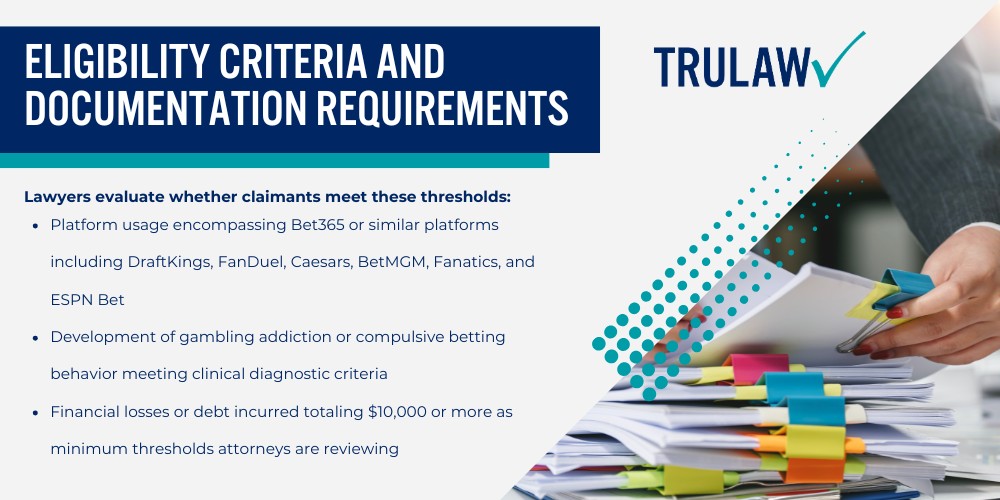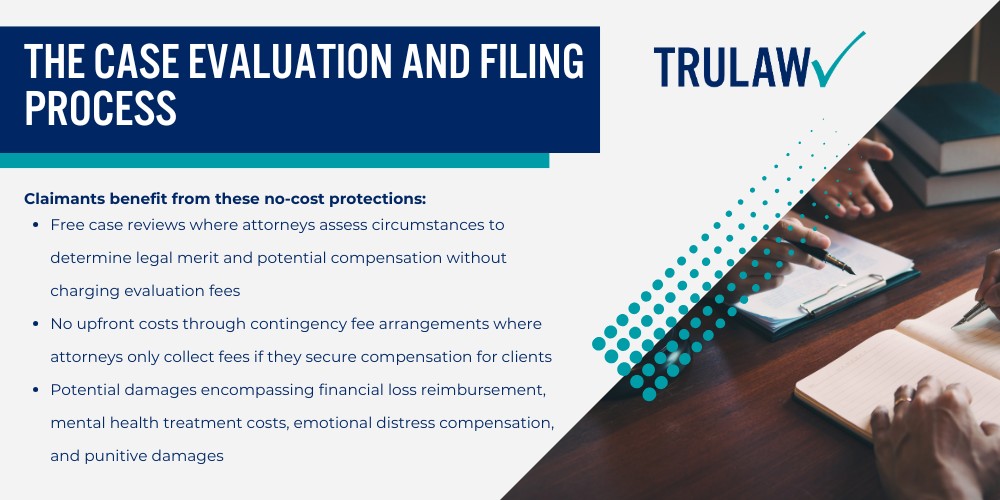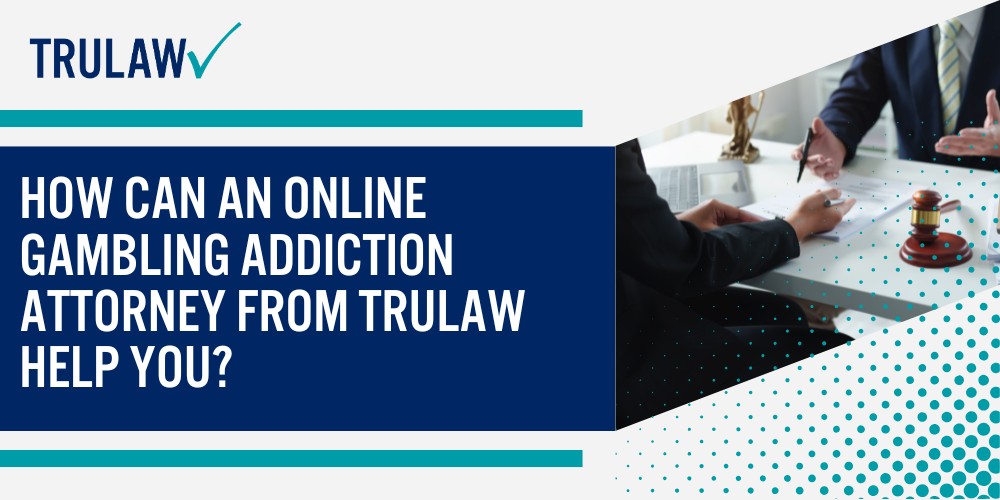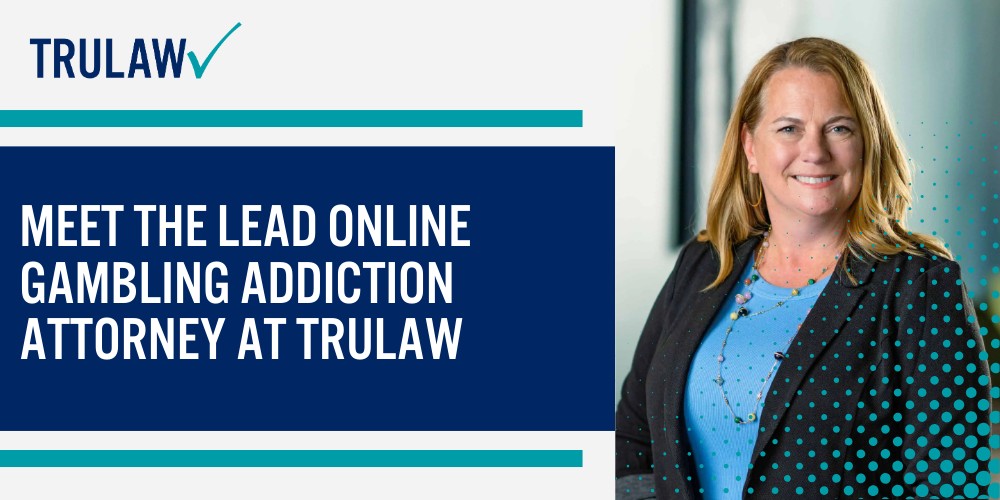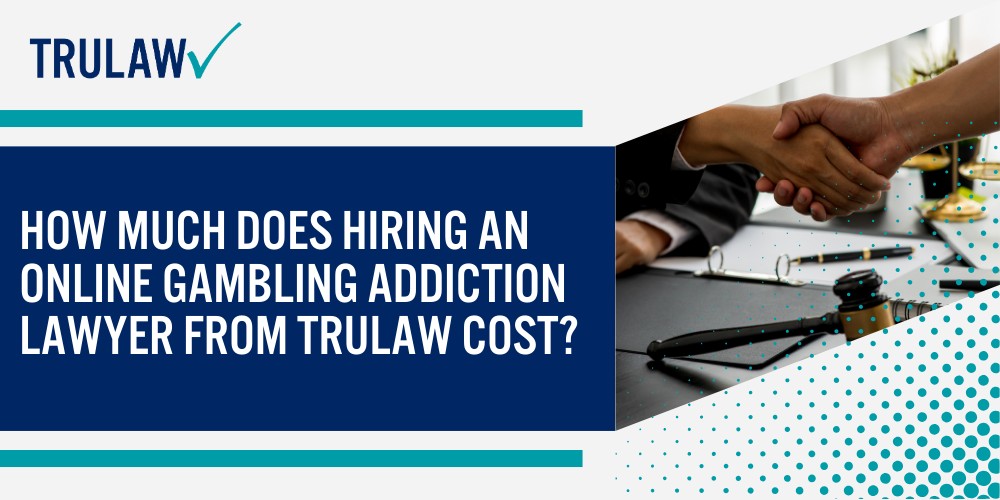Bet365 operates as one of the world’s largest online gambling sites, offering sports betting, casino games, and poker through digital applications that generate billions in annual revenue.
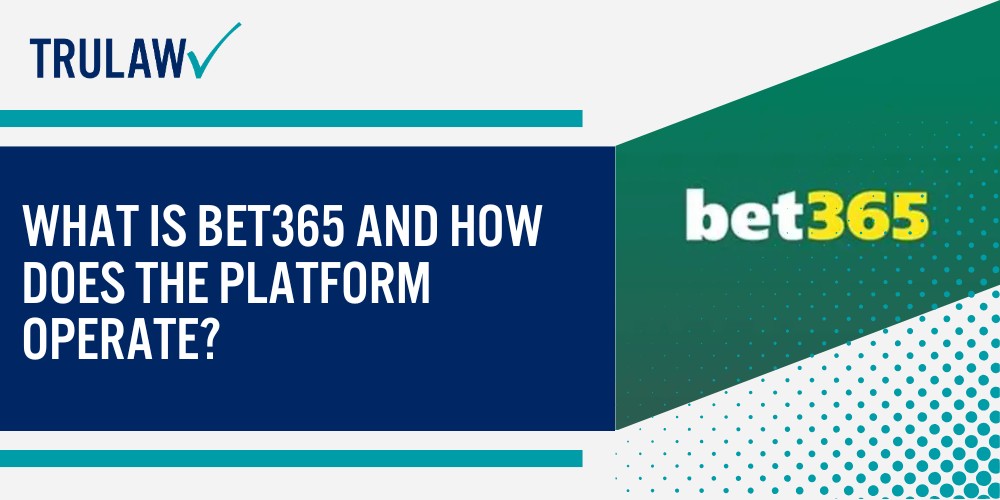
Following the 2018 Supreme Court decision that struck down the amateur sports protection act and legalized sports betting, Bet365 established operations in Colorado, Ohio, Virginia, Iowa, Kentucky, and Louisiana, positioning itself as a leading tier 2 operator targeting the US market as a meaningful growth opportunity.
Bet365’s Market Position and User Base
Founded in 2000, Bet365 established itself as a global gambling operator and one of the world’s leading online sportsbooks before entering the United States market following the Supreme Court’s decision to make sports betting legal.
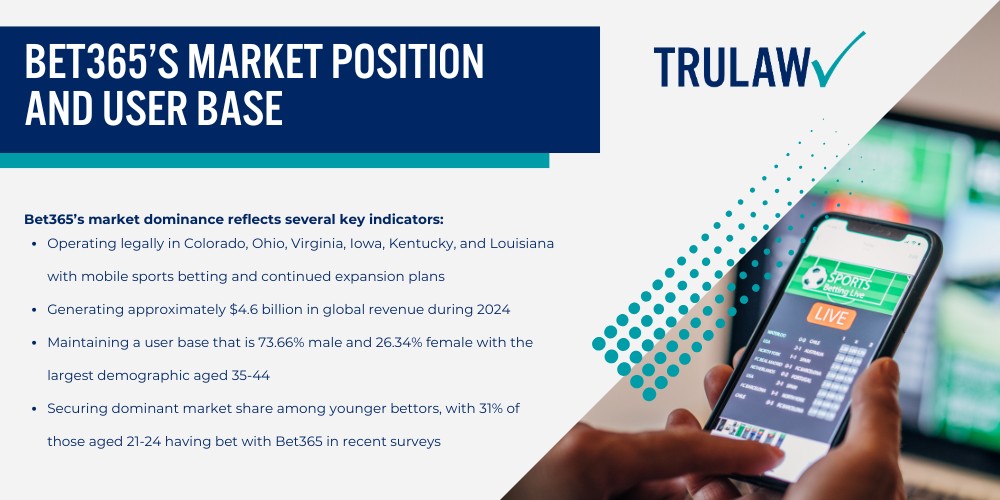
Bet365’s market dominance reflects several key indicators:
- Operating legally in Colorado, Ohio, Virginia, Iowa, Kentucky, and Louisiana with mobile sports betting and continued expansion plans
- Generating approximately $4.6 billion in global revenue during 2024
- Maintaining a user base that is 73.66% male and 26.34% female with the largest demographic aged 35-44
- Securing dominant market share among younger bettors, with 31% of those aged 21-24 having bet with Bet365 in recent surveys
The platform ranks as the top sportsbook for both the 21-24 and 25-34 age categories in market research.
This demographic appeal positions Bet365 to capture users early in their gambling careers when compulsive behavior patterns may develop, targeting individuals who could become frequent gamblers.
Services and Betting Options Available Through Bet365
Bet365 provides gambling products including sports wagering, live in-game betting, casino games, and constant accessibility through mobile applications that differentiate online platforms from traditional casino venues.
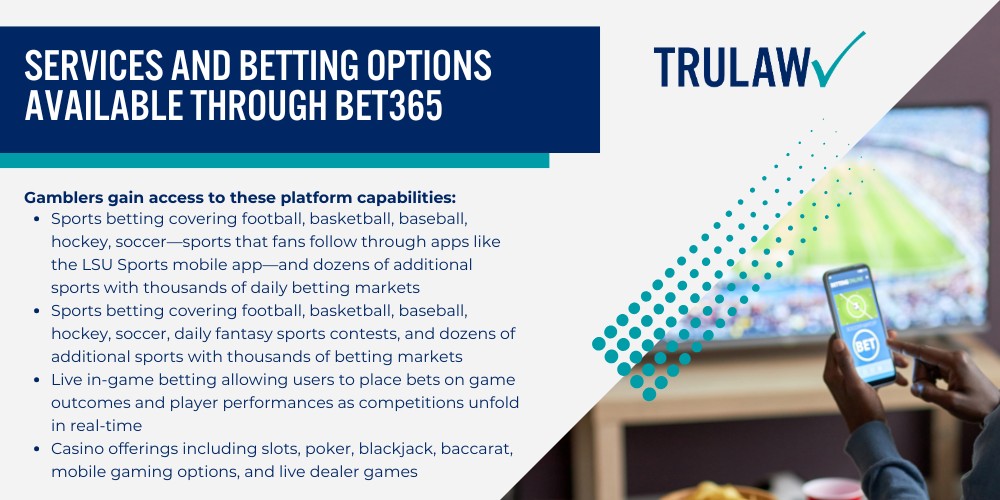
Gamblers gain access to these platform capabilities:
- Sports betting covering football, basketball, baseball, hockey, soccer—sports that fans follow through apps like the LSU Sports mobile app—and dozens of additional sports with thousands of daily betting markets
- Sports betting covering football, basketball, baseball, hockey, soccer, daily fantasy sports contests, and dozens of additional sports with thousands of betting markets
- Live in-game betting allowing users to place bets on game outcomes and player performances as competitions unfold in real-time
- Casino offerings including slots, poker, blackjack, baccarat, mobile gaming options, and live dealer games
Mobile app functionality enables 24/7 betting access through one-click features that eliminate traditional barriers to compulsive behavior, demonstrating how apps created addiction risk.
Users can place wagers within seconds of receiving notifications, access funds instantly through multiple payment methods, and engage in frequent gambling with products accessible during any moment of vulnerability.
If Bet365’s platform design and marketing tactics contributed to your gambling addiction, you may have grounds to file a sports betting lawsuit for legal action.
Contact TruLaw using the chat on this page to receive an instant case evaluation and determine if you qualify to join others filing gambling addiction lawsuits today.
